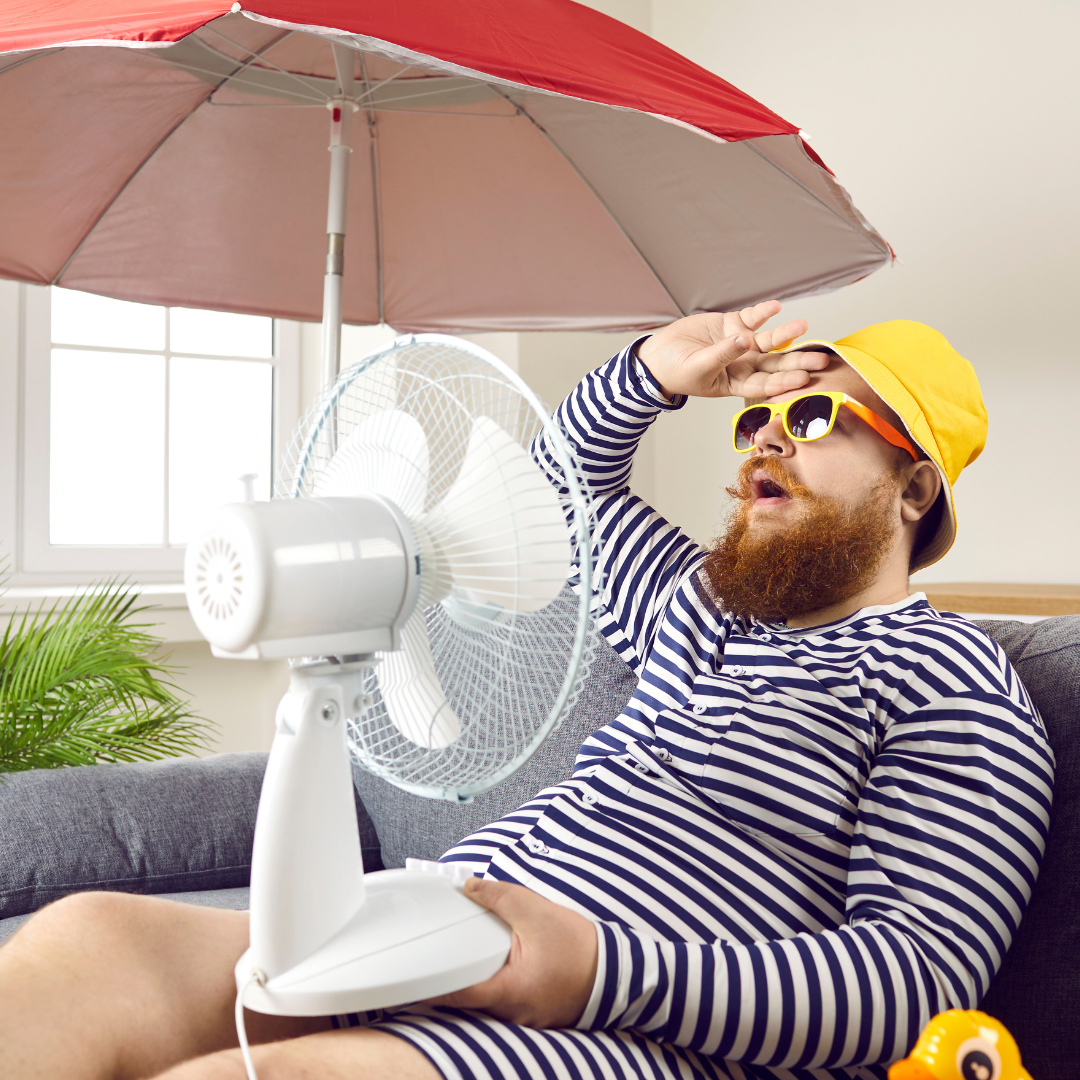Most households are worried about lowering their heating and cooling expenses as energy prices climb. Here are some suggestions to help you manage your energy costs, starting with the thermostat:
Avoid anything that might cause your heating or cooling system’s thermostat to display a false reading. The accuracy of the thermostat will be hampered if it is installed in a draft, located on a chilly outside wall, or put too close to a heat register.
Reduce the temperature on the thermostat if you won’t be home for a few days. Turn off the heating system fully if there is no threat of pipes freezing or other home items being damaged.
In order to save money and energy, install a thermostat timer. The temperature may be programmed to automatically increase and decrease during busy and slow periods.
Constant thermostat adjustments can waste energy, so avoid them. Don’t set the thermostat higher than the intended temperature while entering the house after it has been cooled. In most cases, turning the thermostat up really high won’t help the temperature get there any faster.
The thermostat should be lowered each night before you go to bed as one heating adjustment, though. Reduced fuel use for a few hours can have a significant impact.
When there are several people in your house, lower the thermostat setting. The heat produced by people and a party may quickly increase the temperature.
WINDOWS AND VENTS
- To create a barrier against heat gain during the summer and heat loss during the winter, draw the drapes closed over wide windows and glass doors.
- Close all heating system vents if you have room air conditioners to prevent wasting the cool air.
- Close the vents in any seldom or never-used rooms in your house and keep the doors closed the majority of the time. Make sure the rooms receive adequate heat to avoid the growth of mildew and damage to the contents.
- For optimum air circulation, direct the room air conditioner’s vents upward; cold air tends to sink lower naturally. Make sure the air is blowing up by adjusting the registers on central air conditioning systems.
- A cooling system’s exterior should not be exposed to direct sunlight or be obstructed from natural airflow.
- Except when there is a fire going, keep the fireplace damper closed. Updrafts will otherwise pull warm air out of the chimney.
- Maintain the right level of humidity. Even with the thermostat set correctly, a dry house might seem very chilly.


